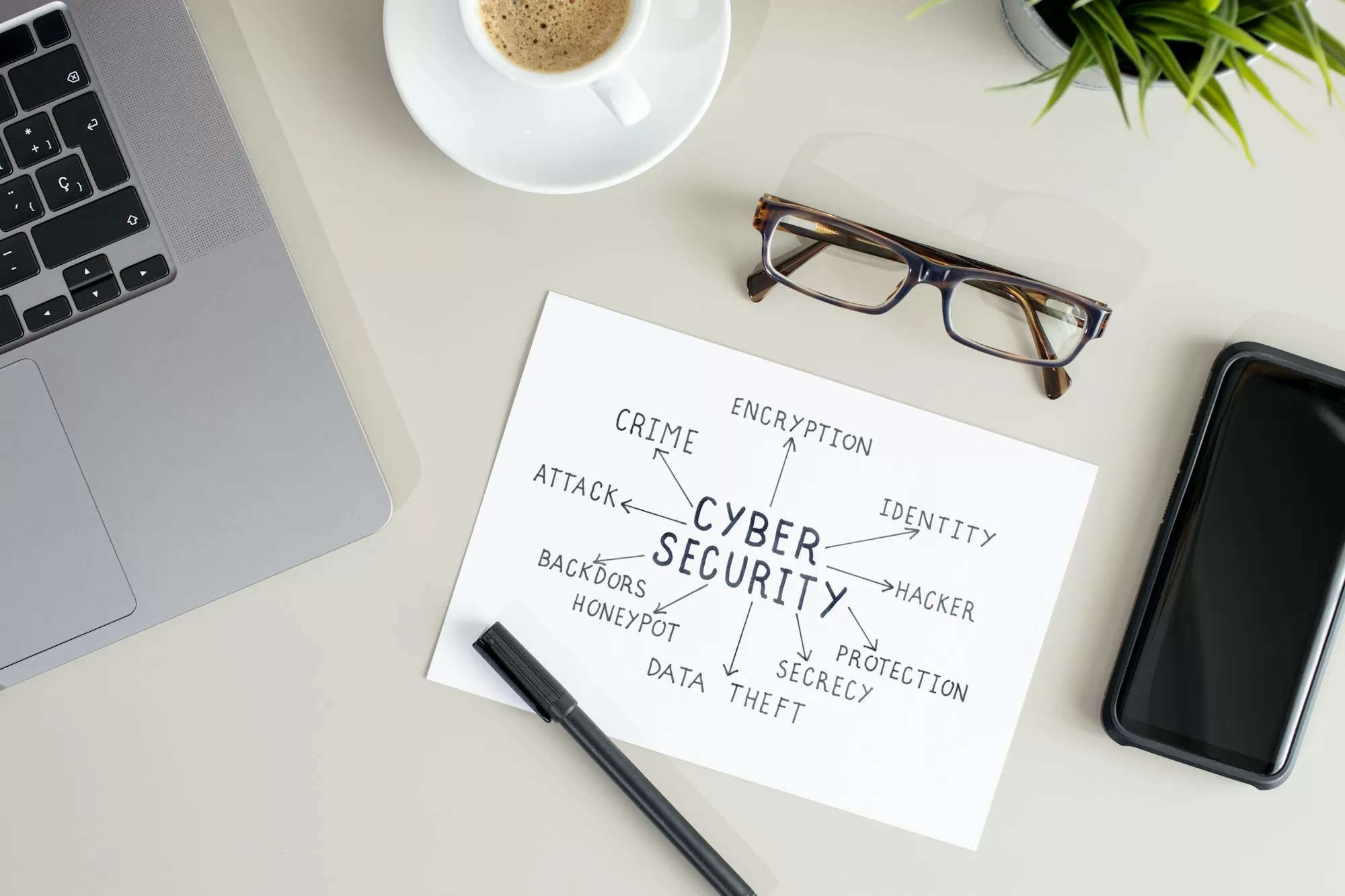Secure communication alternatives

In a world where you can be anything, be secure.
– Unknown
Welcome to our lesson on secure communication alternatives. In today’s digital landscape, where data breaches and privacy concerns are rampant, exploring options beyond traditional email for sensitive communications is crucial. Let’s dive into some secure alternatives that can help keep your conversations private and your data protected.
Imagine you’re planning a top-secret surprise party. You wouldn’t discuss the details loudly in a crowded café where the guest of honor might overhear, would you? Similarly, when it comes to sensitive business or personal information, we need to find more secure channels than standard email or text messages.
Let’s start with an eye-opening example. In 2014, Sony Pictures experienced a massive data breach where hackers accessed and leaked confidential emails, including embarrassing conversations between executives and sensitive information about unreleased films. This incident highlights the vulnerabilities of standard email systems and the need for more secure communication methods.
So, what are some secure alternatives? Let’s explore a few:
- Signal: Think of Signal as the Fort Knox of messaging apps. It’s open-source, end-to-end encrypted, and recommended by security experts worldwide. Edward Snowden, the famous whistleblower, has endorsed it. Signal uses advanced encryption protocols to ensure that only the intended recipient can read your messages. It’s like having a secret language that only you and your conversation partner understand.
- ProtonMail: This is like having a self-destructing mailbox. ProtonMail offers end-to-end encrypted email with additional features like expiring emails. Imagine sending an email that disappears after a set time – perfect for sensitive information that you don’t want lingering in someone’s inbox.
- Wickr: Wickr takes the concept of disappearing messages to the next level. It’s like having a conversation in invisible ink that fades away after reading. Wickr offers end-to-end encryption for messages, voice calls, and video conferences, with the added feature of being able to set an expiration time for all your communications.
- Telegram: While not as secure as Signal by default, Telegram offers a “Secret Chats” feature that provides end-to-end encryption. It’s like having a normal conversation room and a high-security vault within the same app. Just remember to use the Secret Chats feature for sensitive communications.
- Microsoft Teams or Slack (Enterprise Versions): For businesses, enterprise versions of popular collaboration tools like Microsoft Teams or Slack offer enhanced security features. It’s like having a secure office space to communicate freely with your team, knowing that outsiders can’t eavesdrop.
Now, you might be thinking, “This all sounds great, but isn’t it overkill for everyday communication?” Well, let’s consider another real-world example. In 2019, Jeff Bezos, the CEO of Amazon, had his phone hacked through a WhatsApp message, leading to personal information being leaked. This incident shows that even seemingly secure platforms can be vulnerable, and highlights the importance of using truly secure communication methods for sensitive information.When choosing a secure communication alternative, consider the following:
- End-to-end encryption: This ensures that only the sender and recipient can read the messages.
- Open-source software: This allows security experts to verify the app’s security claims.
- Minimal data collection: The less data an app collects about you, the better.
- Self-destructing messages: The ability to set messages to delete after a certain time adds an extra layer of security.
- Two-factor authentication: This provides an additional barrier against unauthorized access.
Remember, no solution is 100% secure, but these alternatives significantly reduce the risk of your communications being intercepted or leaked.
Implementing secure communication alternatives in your organization might seem daunting at first. Start by identifying your most sensitive communications and move those to a secure platform. Gradually, you can expand the use of secure alternatives as your team becomes more comfortable with them.
For example, a law firm might start by using Signal for communications about high-profile cases, while a healthcare provider might use ProtonMail for sending sensitive patient information.
Secure communication alternatives are no longer a luxury—they’re a necessity in our increasingly digital world. By adopting these tools, you’re protecting your own information and demonstrating to your clients, partners, and employees that you take their privacy seriously.

